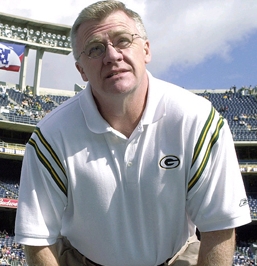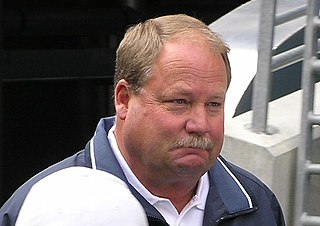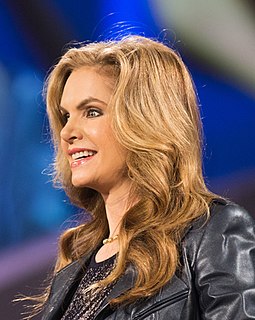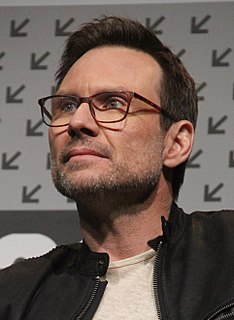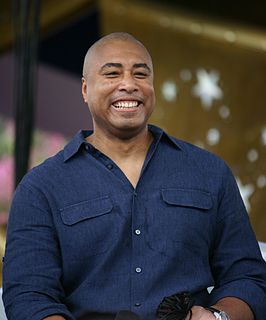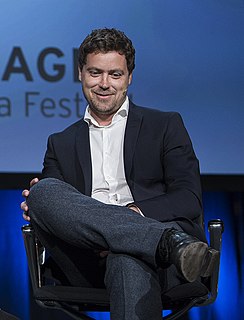A Quote by Matt Dillon
One of the things I've learned over the years is that you only do what you can do as an actor. You do the best job you can, but you have no control over so many elements that are going to determine the outcome of that film. I never pay attention to what happens after.
Related Quotes
You never know when you're taking a job, ever... but you try to take good scripts. That's all you can do as an actor - take the best thing available. Even then, it's not [really] in your control. Certainly not in film and TV, because there are so many other elements. You just have to take control of your own performance.
As soon as you start making a film that's expensive then the studio wants total control over all elements of it because they want to get all their money back. If you make a smaller film you can try a lot more things because you can have control over it and not just be a hired director. The lower the budget the more freedom you have.
There are a lot of times that we feel like our hands are tied - 'I have no control over if I'm going to lose my job.' 'I have no control over if I'm going to be able to pay my bills.' You've got to realize that that's where your trust comes in. You have to trust God, and keep your hope, because your hope is what produces your faith.
As an actor on a film, you have no control over the final product - your job is to make a director's vision come true. So, you need to have total faith in them and add your own creativity and opinions and energy, but you have to really give over responsibility, and sometimes that can feel terrifying.


